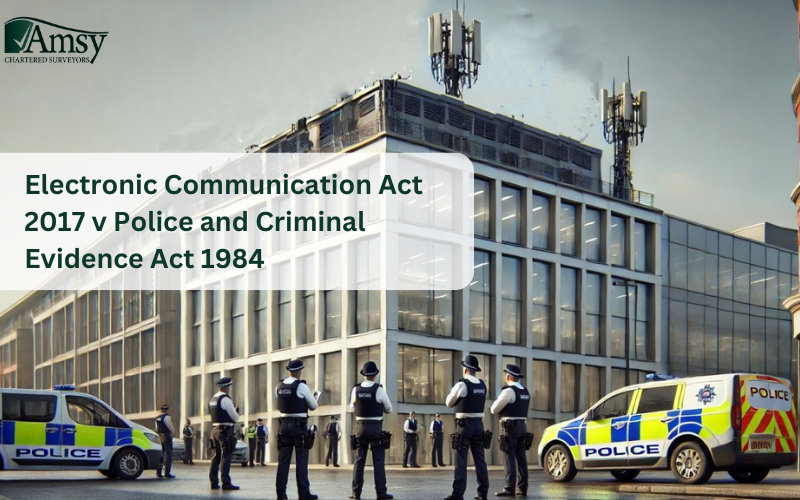In 2019, the final chapter in the Marvel Infinity Saga was released. Avengers Endgame was the epic conclusion to a narrative spanning 23 previous films, and broke global box-office records. In the previous instalment, the story’s antagonist Thanos, had eradicated…
Electronic Communication Act 2017 v Police and Criminal Evidence Act 1984

Author: Dovid Pink
So, who has more powers, Code Operators (the Telecoms companies licenced by OFCOM) or the Police?
Most people with answer, the Police, however, in my opinion this is incorrect. Let me pose two scenarios:
Scenario 1:
You get a knock on the door and the boys in blue ask to enter your property to search it. You ask if they have a Search Warrant and upon being told they do not, you politely or impolitely decline their request. Under general circumstances (e.g. they are coming to arrest a person, capture a suspect, prevent harm, or enforce legal orders), they will leave and come back some time later with a Search Warrant and carry out their search.
Scenario 2:
You get a knock on the door (or a call or an email) from a representative of a Code Operator who informs you that your building has been selected as a possible location for a new telecoms installation for a mobile phone base station. Whatever the reason given for your refusal to agree to allow them access, the refusal is likely to end up with the Code Operator requesting that the Tribunal impose an agreement on you.
So why do I believe that the Code Operators have more power?
Well, when the Police return to your property to search it with warrant in hand, they do not present you with a bill for their costs incurred obtaining the search warrant.
However, despite the fact that the only body that can impose Code rights on a property owner in favour of an Operator is the Tribunal who must consider various factors prior to doing so and I quote the Digital Economy Act 2017, Schedule 1 — The electronic communications code:
What is the test to be applied by the court?
21 (1) Subject to sub-paragraph (5), the court may make an order under paragraph 20 if (and only if) the court thinks that both of the following conditions are met.
(2) The first condition is that the prejudice caused to the relevant person by the order is capable of being adequately compensated by money.
(3) The second condition is that the public benefit likely to result from the making of the order outweighs the prejudice to the relevant person.When an Operator applies to the Tribunal because they cannot get a consensual agreement with the property owner, they seek (and have been awarded) costs against the property owner arguing that the property owner should have entered into a consensual agreement.
As I see it, until the Tribunal considers the facts of the application and applies the tests quoted above, the property owner is within his rights to refuse and should not be penalised with ANY costs awarded against him should the Tribunal decide an agreement should be imposed.
So if the Tribunal have been awarding costs against property owners for not allowing access without the Tribunal input, let me ask again – who has greater powers, the Police or the Code Operators?
